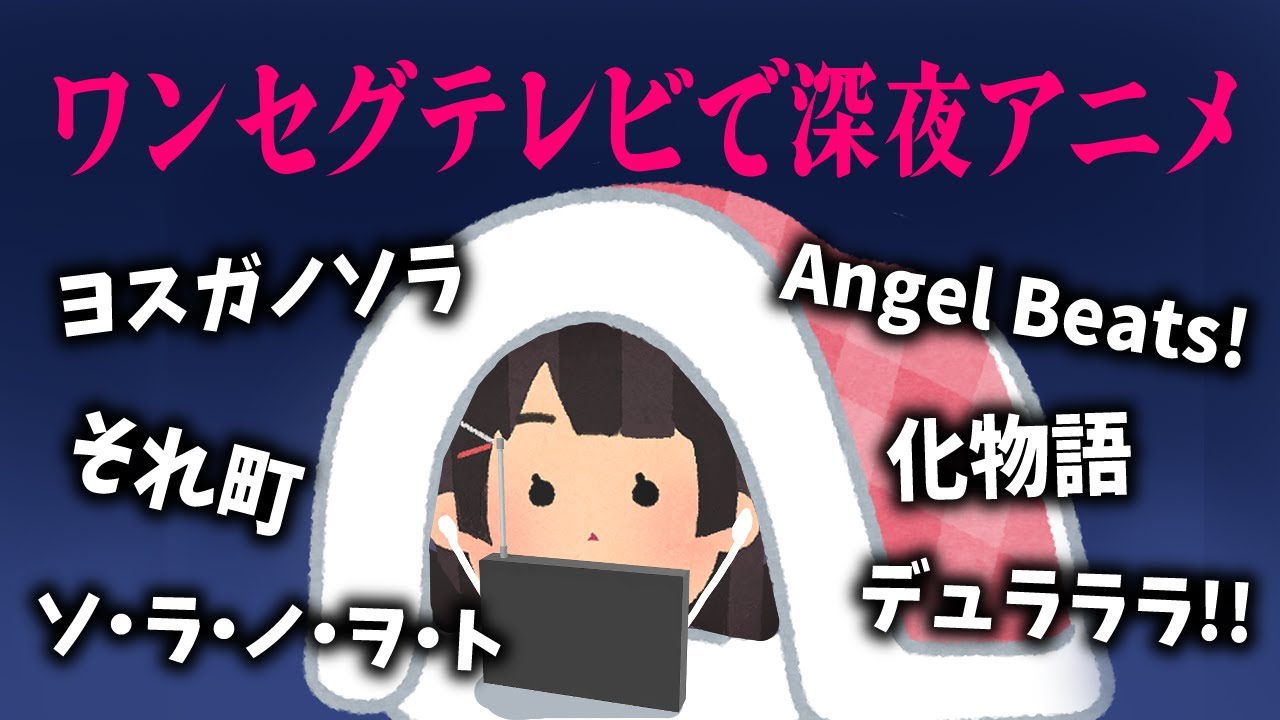Bill Burr - My Journey Of Quitting Alcohol
Summary
TLDRThe speaker reminisces about their past drinking habits, influenced by classic TV shows and the allure of high-quality liquor. They describe their preferred way of drinking, with a focus on the experience rather than the quantity. The turning point comes when the speaker's wife confronts them about their nightly drinking, leading to a decision to quit. The speaker successfully abstains for over a year, motivated by not wanting their children to see them drunk and by the realization of their behavior during a late-night attempt to sneak a drink. The narrative reflects on the complexities of alcohol consumption and the personal journey towards sobriety.
Takeaways
- 🍹 The speaker quit drinking around the time they could afford high-end alcohol, like a luxurious bottle of tequila.
- 📺 They used to enjoy watching old TV series where characters frequently drank, which influenced their drinking habits.
- 🥃 The speaker reminisces about their preferred way of drinking, which involved a lot of ice and a specific pour-over technique.
- 🤷♂️ They criticize modern bar practices, like using an eye dropper for drinks, and long for the old-fashioned way of serving drinks.
- 🏠 The speaker describes their home drinking ritual, which they called a 'home po', involving large cubes of ice and a specific ratio of alcohol to ice.
- 👩❤️👨 The speaker's wife expressed concern about their nightly drinking and prompted them to consider quitting.
- 🚫 The speaker decided to quit drinking after realizing the impact it had on their nightly routine and their wife's feelings.
- 🗓️ They initially attempted to quit for 50 days, then extended it to a year, and eventually stopped completely.
- 👨👧👦 The speaker didn't want their children to see them drunk, which was a significant factor in their decision to quit.
- 🧓 The speaker reflects on their own childhood, noting that their parents didn't drink, and how they perceived other adults who did.
- 🍻 They acknowledge that being a 'nice drunk' doesn't make it okay to drink around children, drawing a line between being fun and being responsible.
Q & A
Why did the speaker decide to stop drinking?
-The speaker decided to stop drinking after realizing they were consuming alcohol excessively every night, which was affecting their life and their relationship with their wife.
What was the speaker's drinking habit before quitting?
-The speaker used to enjoy a drink with big cubes of ice, pouring it over the ice until it reached a certain level, which they referred to as a 'home po'.
What television shows did the speaker mention watching that involved drinking?
-The speaker mentioned watching 'Peter Gunn', '77 Sunset Strip', 'The Untouchables', and 'Peaky Blinders', where characters were often seen drinking.
What was the speaker's perception of whiskey bars and their serving style?
-The speaker disliked the pretentious serving style of whiskey bars, where drinks were served with an eye dropper and the staff dressed in an overly rustic manner.
What was the turning point for the speaker that led to their decision to quit drinking?
-The turning point was when the speaker's wife pointed out their nightly drinking habit and snoring, prompting them to reflect on their behavior and decide to quit.
How long did the speaker initially plan to quit drinking for?
-Initially, the speaker planned to quit drinking for 50 days, but eventually extended it to a full year and then continued beyond that.
What was the speaker's strategy to quit drinking after the initial 50 days?
-The speaker decided to extend their no-drinking period through the holidays and then committed to a full calendar year, eventually continuing for over a year and a half.
Why did the speaker not want their children to see them drunk?
-The speaker did not want to set a bad example for their children and wanted to avoid the negative behaviors associated with drunkenness that they had witnessed in others.
What was the speaker's opinion on the idea of being a 'nice drunk' around children?
-The speaker disagreed with the idea of being a 'nice drunk', stating that even if someone is pleasant while drunk, it is not an acceptable behavior, especially around children.
What personal experience from the speaker's past influenced their decision to quit drinking?
-The speaker's decision was influenced by their own childhood experiences, where they saw friends' parents being drunk and the negative impact it had on their perception of those families.
How did the speaker's wife react to their drinking habit?
-The speaker's wife was concerned about their nightly drinking and confronted them about it, which was a catalyst for the speaker to reconsider and eventually quit drinking.
Outlines

Cette section est réservée aux utilisateurs payants. Améliorez votre compte pour accéder à cette section.
Améliorer maintenantMindmap

Cette section est réservée aux utilisateurs payants. Améliorez votre compte pour accéder à cette section.
Améliorer maintenantKeywords

Cette section est réservée aux utilisateurs payants. Améliorez votre compte pour accéder à cette section.
Améliorer maintenantHighlights

Cette section est réservée aux utilisateurs payants. Améliorez votre compte pour accéder à cette section.
Améliorer maintenantTranscripts

Cette section est réservée aux utilisateurs payants. Améliorez votre compte pour accéder à cette section.
Améliorer maintenant5.0 / 5 (0 votes)






